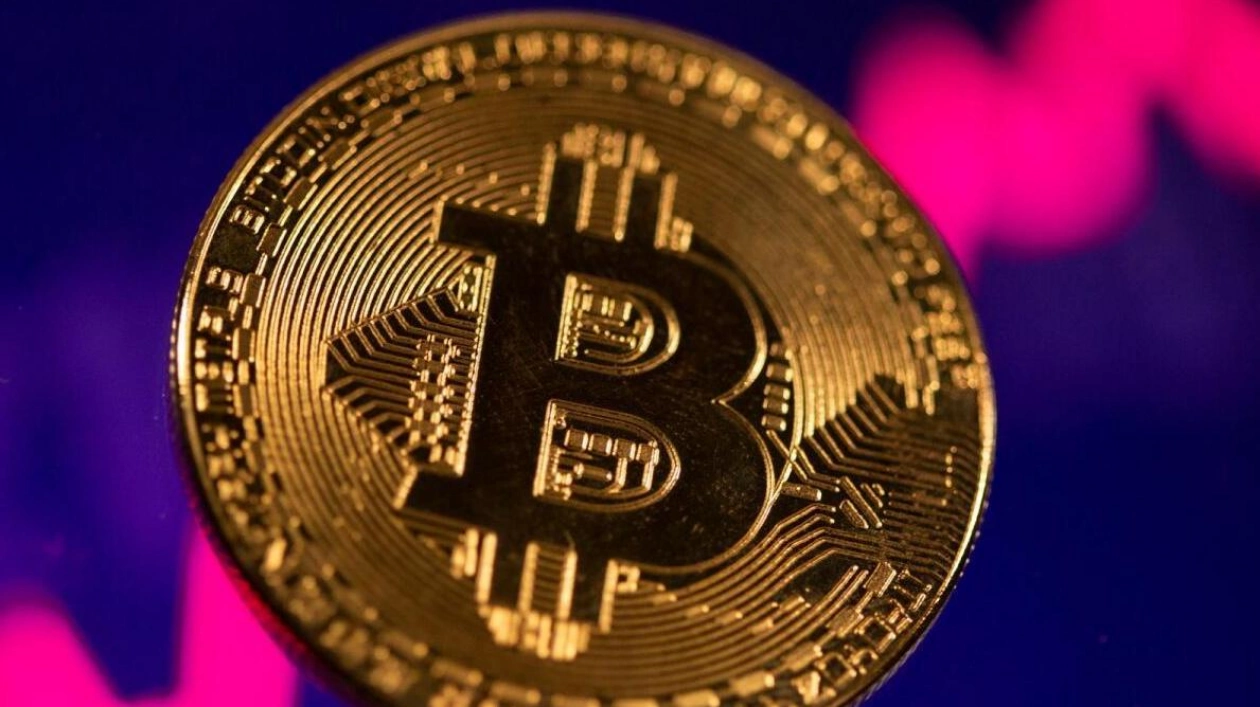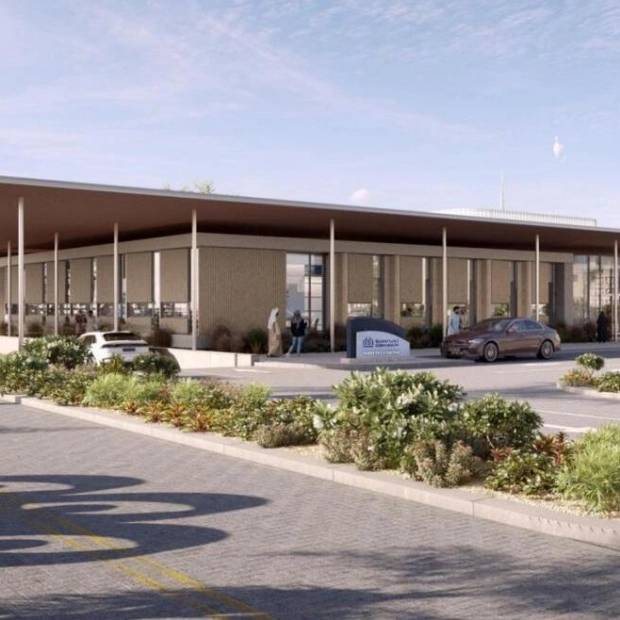Image used for illustrative purposes. Photo: Reuters File
Bitcoin and cryptocurrency owners should establish an inheritance plan as soon as possible to prevent their assets from being lost forever, according to experts. Whether opting for a treasure map, placing a key in an envelope, or creating a digital inheritance plan, it is crucial to draft a will for transferring digital assets to future generations.
"When you're considering the long-term with your Bitcoin, you need to account for the possibility of passing away," said Nick Neuman, CEO of Casa. "It's essential to plan for your family or whoever you want to inherit your Bitcoin, in case that happens." Neuman made these remarks during a panel discussion on inheritance planning for cryptocurrency at the Bitcoin Mena conference, which commenced in Abu Dhabi on Monday. He noted that many people delay this process for a long time. "At Casa, we've tried to simplify it as much as possible. You can complete it in just five minutes. This reduces the barrier to setting up something so critical, but people often avoid thinking about it."
Other panelists emphasized the importance of providing both technical and non-technical methods for heirs to inherit Bitcoin and other digital assets. "From a technical standpoint, you want to ensure that you can provide your heirs with keys they can use at a later date," said Ben Kaufman from Bitcoin Keeper. "This allows us to issue specific keys that activate at certain times or under certain conditions. That's the approach we're currently taking. On the non-technical side, we try to provide a letter to the attorney or heirs. This helps the attorney understand how to distribute the inheritance or inform the heirs on how to access it."
Kevin Loaec from Wizardsardine added that the biggest challenge was sharing the private key with family members. "You can place it in an envelope and write 'do not open this before I die,'" he said. "However, you must trust that your family won't steal your money and will keep the key as securely as you would. This is a significant assumption, as they might not know the value of the money or anything about Bitcoin. This could jeopardize your backup. It would essentially destroy your family's trust, which is catastrophic. From a security perspective, this is precisely what to avoid. Never share a private key with anyone."
Nick shared that his company had assisted several individuals in recovering the digital assets of a deceased family member. "In all cases, we were successful because the family had the necessary keys and documents, but it was a year-long process that required court involvement," he said. "We were fortunate in these instances. It's worth spending five to ten minutes to set it up and then dedicating 30 minutes to an hour to discuss it with your family to help them understand the situation."
Source link: https://www.khaleejtimes.com






